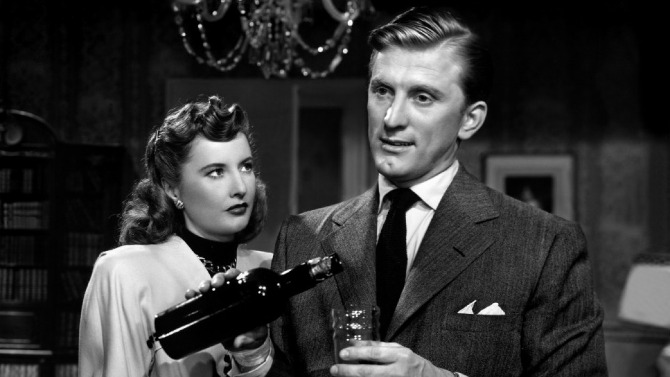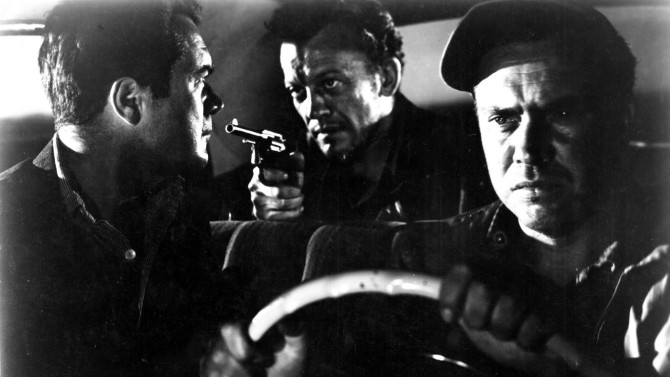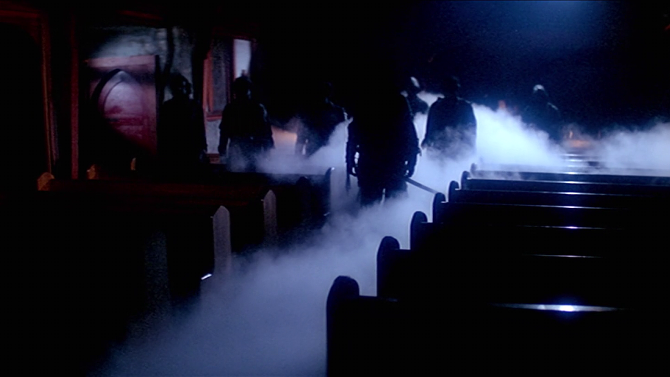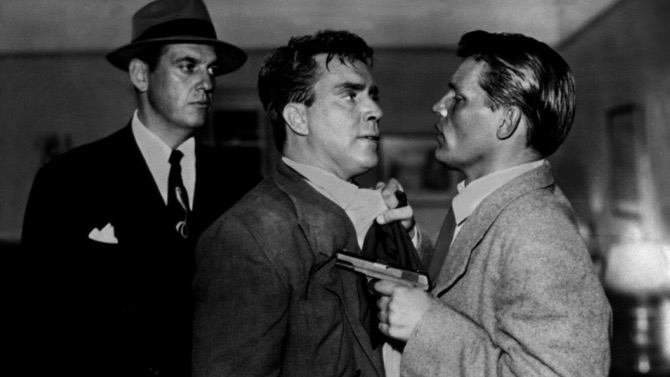
An Impossible Mission
How do you wrap up a franchise like Mission: Impossible? That is, if this even is the final installment... as they’ve made it sound (while at the same time, stars not named ‘Tom Cruise’ pipe up and suggest that might not be so). It has been twenty-nine years, with different writers and visionary directors – from twisty Brian De Palma and the action hair stylings of John Woo, to the lens flares of J.J. Abrams and animation expert Brad Bird, it was only about ten years ago that the franchise decided to opt for The Usual Suspects scribe Christopher McQuarrie for the final four. To return to that opening question once more, you could end with a Sopranos’ style cliffhanger, simply make another entertaining movie like the many before – like Everybody Loves Raymond did it with its final episode, or try to tie everything up in a neat little bow by bringing everything together as the Daniel Craig era did with James Bond. Well, it is definitely more along the lines of the latter example, with some distinct differences.
-

Grave Steps are Taken
The Strange Love of Martha IversNovember 26, 2017Uniting a superlative film noir cast, 1946's The Strange Love of Martha Ivers, directed by Lewis Milestone (a two time Academy Award winner, one of which he earned for All Quiet on the Western Front), begins with a triumvirate of childhood friends witnessing a crime which forges a unique bond between them, it informing their respective directions into adulthood. Building off of her performance in Double Indemnity two years earlier, Barbara Stanwyck, playing the title character, once again proves why she is one of the all-time great femme fatales. . . a calm, controlled, ruthless Machiavellian puppet master, she not only pulls the strings of her weak and feeble alcoholic husband Walter O’Neil (Kirk Douglas in his first film role – and against type from what we would later know) – who truly loves her, but she also has a manipulative control over the entire city in which she lives – owner of the plant that gives its people their jobs, the police that protect it (thanks to her husband, who is the district attorney), and everything else in between.
-

Hitching a Ride
The Hitch-HikerNovember 21, 2017Talk about an opening hook: “This is the true story of a man and a gun and a car. The gun belonged to the man. The car might have been yours – or that young couple across the aisle. What you will see in the next seventy minutes could have happened to you. For the facts are actual.” A perfect film noir introduction, the 1953 crime thriller The Hitch-Hiker, co-written and directed by Ida Lupino, is a seventy-one minute ride down a road you most definitely would not want to travel. In a simpler time (when people still picked up hitch-hikers), Emmett Myers (William Talman – best known as District Attorney Hamilton Burger on Perry Mason) utilizes this mode of transportation to evade the police. . . murdering those kind enough to pick him up. Dumping the body (or bodies) and abandoning the car, his thumb then goes up as he plays the stranded traveller – his two newest would-be-victims are Roy Collins (Edmond O’Brien – D.O.A.; White Heat) and Gilbert Bowen (Frank Lovejoy – In a Lonely Place; House of Wax).
-

The John Carpenter Anthology
November 19, 2017Though most will immediately connect the name John Carpenter with iconic director, many do not know that the legendary filmmaker is also the composer of most of his works – think The Fog, Escape from New York, Halloween (considered one of the greatest horror scores of all-time) and so many others. So, when it was announced that Carpenter would be doing a North American concert tour called “Anthology” – the title of his new album, needless to say, it was on my radar. Carpenter visited the M Telus ampitheatre (formerly the Metropolis) in Montreal this past Monday, the 13th of November, and, as you likely guessed, I was there. Fusing horror motifs, synthesizers, and stadium-sized rock n roll together, it was a powerful, emotive night led by the maestro himself. Rearranging each of his memorable scores into approximately four minute segments, the music alone brought the sold out, movie-crazy crowd back to the first time they experienced one of his films – though a montage of each movie’s greatest hits was projected onto a multi-angled screen behind the band. His son, Cody Carpenter (playing lead synthesizer), and lead guitarist/godson Daniel Davies (son of The Kinks’ rock legend Dave Davies), accompanied him both on the album and live, while, also on stage was drummer Scott Seiver, rhythm guitarist John Konesky and bassist John Spiker (all three also played a part in the making of the album).
-

Weather Warning in Effect
The FogNovember 14, 2017There is something alluring about ghost tales being told in the darkness of the night. . . the way in which John Carpenter’s 1980 horror thriller The Fog opens – with a grizzled seafarer (John Houseman) recounting (to a group of wide-eyed children) the story of a ship of sailors who died in a horrific manner off of the coast of their small town one hundred years earlier. Building off of the success of his hit from two years earlier, Halloween, Carpenter once again shows his skills at developing an immersive world – this time creating a realistic ocean-side town packed with intriguing personas (in both films, he does so with a very limited budget). The locale, Antonio Bay, California, is celebrating its one hundredth anniversary, something the townsfolk are very proud of, especially Kathy Williams (Janet Leigh), one of the organizers of the festivities.
-

Death Becomes Him
D.O.A.November 12, 2017Talk about a hook of an opener – an extended tracking shot follows a man from behind as he enters a police station to report a murder. . . his own, and, rather interestingly, it seems as though the detectives were waiting for him. The man – Frank Bigelow (Edmond O’Brien); the film noir, D.O.A., a 1949 mystery directed by Rudolph Maté (a man who made several quality movies, though is better known for his superlative work as a cinematographer – think of Carl Theodor Dreyer’s two silent masterpieces The Passion of Joan of Arc and Vampyr, or later, Alfred Hitchcock’s Foreign Correspondent, Ernst Lubitsch’s To Be or Not to Be and Charles Vidor’s Gilda). Bigelow narrates his story to the men, transporting us back to the beginning of the tale.
-

THORoughly Enjoyable
Thor: RagnarokNovember 8, 2017The third feature in the Thor franchise, 2017's Ragnarok, directed by New Zealander Taika Waititi (the talented filmmaker behind the comedic horror mockumentary What We Do in the Shadows), is like a well buttered (as in oiled) popcorn flick (of a machine). . . an entertaining, humorous, action-packed sci-fi extravaganza that does not take itself too seriously, all while showing an impressive amount of ingenuity and creativity for a multi-film Marvel saga. With three movies in this particular series (as well as several other mash-ups within the ever growing Marvel Universe), these actors, who we have known for some time, have grown into their respective parts, feeling fully meshed with their onscreen personas. Through the writing of Eric Pearson, Craig Kyle, and Christopher Yost, as well as by way of the flowing direction of Waititi, the comedy is so smooth in Ragnarok that it feels as if we are watching a well-seasoned vaudeville act hitting every mark as they try to explain exactly ‘who’s on first?’ It is a very different tone that works, meshing with recent excursions in The Guardians of the Galaxy franchise and Spider-Man: Homecoming.
